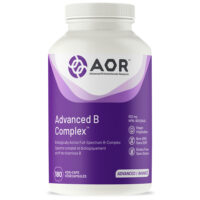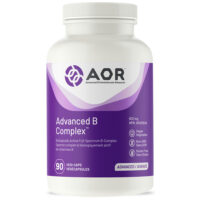When it comes to your health, strokes are serious business. Even if the symptoms of a stroke are minor, they can turn serious and cause significant long-term problems or even death. That’s why it’s so important to know what a stroke is, how to spot it, and what you can do to prevent strokes or help someone who is having one.
While there are various types of stroke, including heat stroke and ischemic or mini strokes, they are all caused by similar problems. A blockage in the brain blocks blood flow to a certain area and causes that part of the brain to be deprived of oxygen. If the area goes too long without blood flow, there can be permanent damage or even death.
It’s impossible to act when you’re having a stroke if you don’t know you’re having one. It’s therefore important to know the signs and symptoms of a stroke so you can act quickly.
Ignoring serious symptoms is probably the worst thing you can do. The most common indicators of a stroke are:
* Sudden severe headache without cause
* Numbness or weakness
* Dizziness or trouble standing up
* Vision trouble with one or both eyes
* Trouble speaking or understanding speech
The most important thing you can do if you think you or someone else is having any of these symptoms is to seek medical attention. There are new medical advances that can greatly increase the chances of surviving and recovering from a stroke. However, these medicines are only effective if they are given within about three hours of the start of symptoms. The faster you get to a doctor, the better off you are. Once the damage has been done, there is much less medical professionals can do to help.
Whether the person having the stroke is you, a loved one, or even a stranger, its onset can be a very stressful thing. When a stroke strikes, you need to remain calm. If you panic, you will often delay any action and therefore delay any treatment. You can also stress the patient and worsen the situation. Take a deep breath, call 911, and wait calmly until the ambulance crew arrives. When they do, remain calm and let them do their work without interfering.
If you’ve had a stroke, you’ll need to take measures to prevent another one. While some risk factors can’t be controlled (like age and race), there are others that can. Most of the actions you can take to prevent stroke are the same as for prevention of a heart attack and include:
* Eating a healthier diet rich in fiber and nutrients
* Taking steps to lower cholesterol and blood pressure
* Quitting or limiting smoking and alcohol consumption
* Reducing weight
* Relieving stress
* Getting plenty of exercise
These small steps can not only prevent a second stroke, they can also prevent stroke if you’ve never had one.







